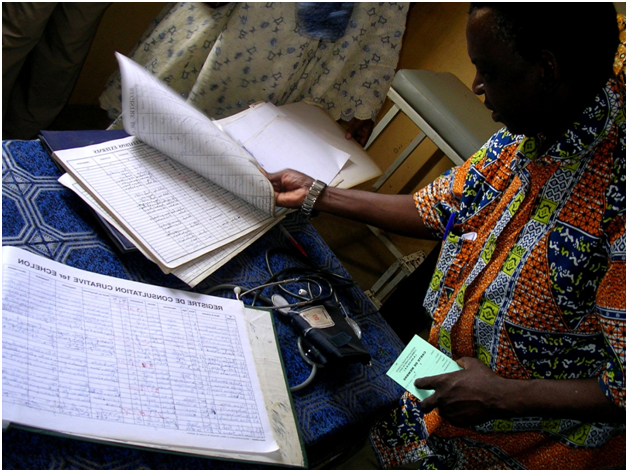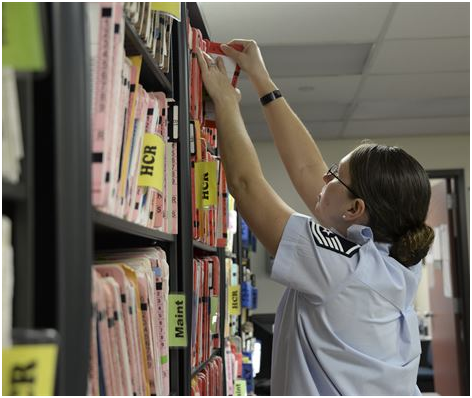DBS checks are essential for some jobs, but don’t worry if you don’t recognise the name. The check used to be called Criminal Records Bureau (CRB) check, but now they are called Disclosure and Barring Service (DBS) checks.

Do You Need a Disclosure and Barring Service Check?
The checks confirm that you have a clean criminal record and they will allow you to do certain jobs, such as working with children or working in the healthcare industry. You will also need a Disclosure and Barring Service check if you are trying to foster or adopt a child.
It is also worth noting that the rules surrounding DBS checks are different in Scotland and Northern Ireland, so if you have a check that works in one place, such as Scotland, and you are moving to a new place, such as England, you may need to get a separate check.

Has Someone Requested That You Get a Disclosure and Barring Service Check?
It is important to be aware that only employers and licensing bodies can ask for DBS checks – you can’t do a check on yourself. However you can use the Government’s DBS tool to check someone else’s criminal record.
You don’t need a Disclosure and Barring Service check for most jobs. Most of the time they are only required if you are working in the healthcare industry, the police force or with children. If you think that your employer is asking for a Disclosure and Barring Service check when you don’t need one, contact the citizen’s advice bureau to find out more.
Does the Check Expire?
According to Due Diligence Checking, the DBS check won’t expire after a certain period – for instance, if you commit a crime the day after receiving your check, it will be out of date!
Getting a Disclosure and Barring Service Check
First of all your employer will get an application form from the DBS or another umbrella body such as http://www.carecheck.co.uk/. The employer then gives the form to the employee to fill out, and then they will return the form along with some form of identification, such as a passport.
The DBS will then run the check, and if they are successful they will send the check to the applicant. The applicant can then show the check to their employer.
